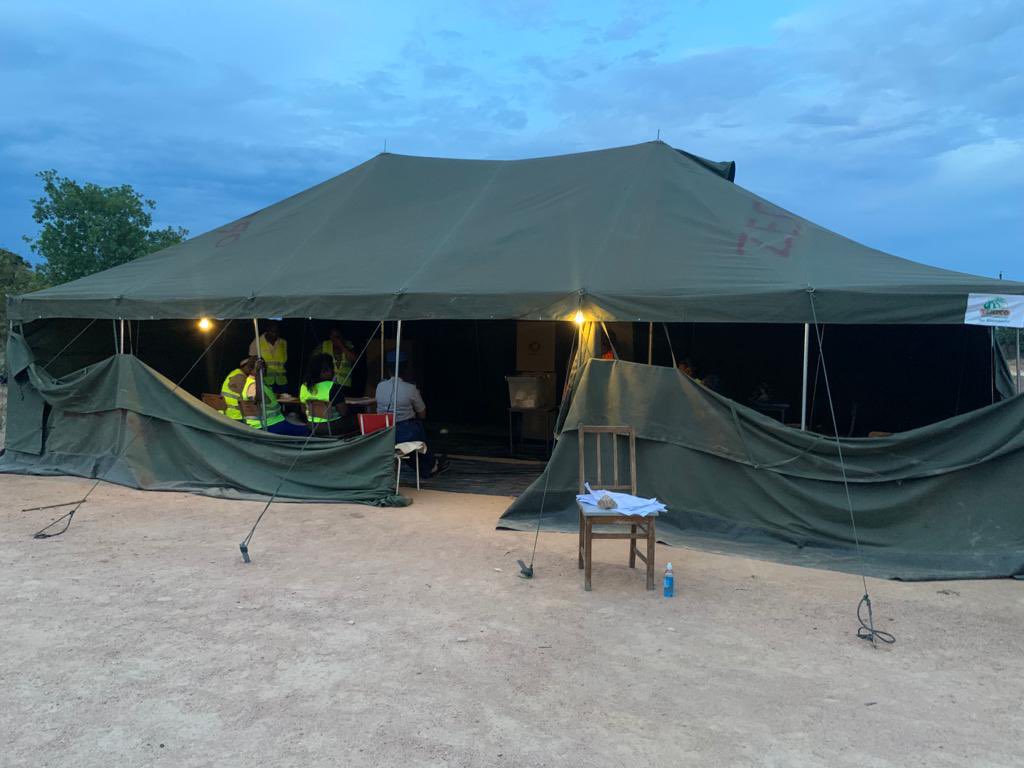The Matabeleland Institute for Human Rights (MIHR) has raised concern over the lack of adequate water and sanitation services at polling stations during the by-elections held on December 9, 2023, posing a health risk to voters and electoral officers.
The report focuses on both the Parliamentary and Local Authority By-Elections using Bulawayo Province as a case study.
The by-elections took place at a time when the city was grappling with acute water shortages.
“MIHR observed the 2023 Harmonized elections and the Bulawayo by-election with a focus on water and sanitation in polling stations. In the harmonised elections MIHR noted that access to water and sanitation services in polling stations was a cause for concern in the City of Bulawayo as voters endured long hours in polling queues without water and sanitation services due to the City’s water-shedding programme,” the report read.
“The issue was further raised by the Zimbabwe Human Rights Commission (ZHRC) in their observation report and their focus was on welfare of election officials. In the 9 December Bulawayo By-election, MIHR managed to observe 120 polling stations in 5 constituencies (and 8 wards) in Bulawayo. The election management body (ZEC) made some efforts to provide water (through alternative water containers) and sanitation services (through mobile toilets for tent polling stations), but there we glaring gaps in the attempt.”
According to the report, MIHR observed a total of 120 polling stations in the province and at least 51 percent of them did not have water, while 32,5 percent of the stations were using mobile toilets.
MIHR noted that all the polling stations using mobile toilets had one mobile toilet each, used by both female and male polling officials.
“Of the total polling stations observed 51% did not have water and the election officials were using alternative water containers supplied by the Bulawayo City Council. There were 39 polling stations (32.5% of the observed polling stations) which were using mobile toilets,” the report read.
“Of the 39 polling stations using mobile toilets, 100% of them had 1 mobile toilet being used by both males and females, with each polling station having an average of 13 – 18 polling officials. Of the 39 stations that were using Mobile Toilets, 11 of them (28%) had two polling stations sharing one toilet.”
MIHR recommended that there be practical and implementable policies for both government and non-government stakeholders to improve water and sanitation services at polling stations.
“The report suggests that ZEC prioritises access to water and sanitation services in polling stations and where mobile toilets are used, each polling station should have a minimum of two sex-separated mobile toilets,” the report read.
The country will have another round of by-elections on February 3, to fill six vacant National Assembly seats following the recall of Citizens Coalition for Change (CCC) legislators.

